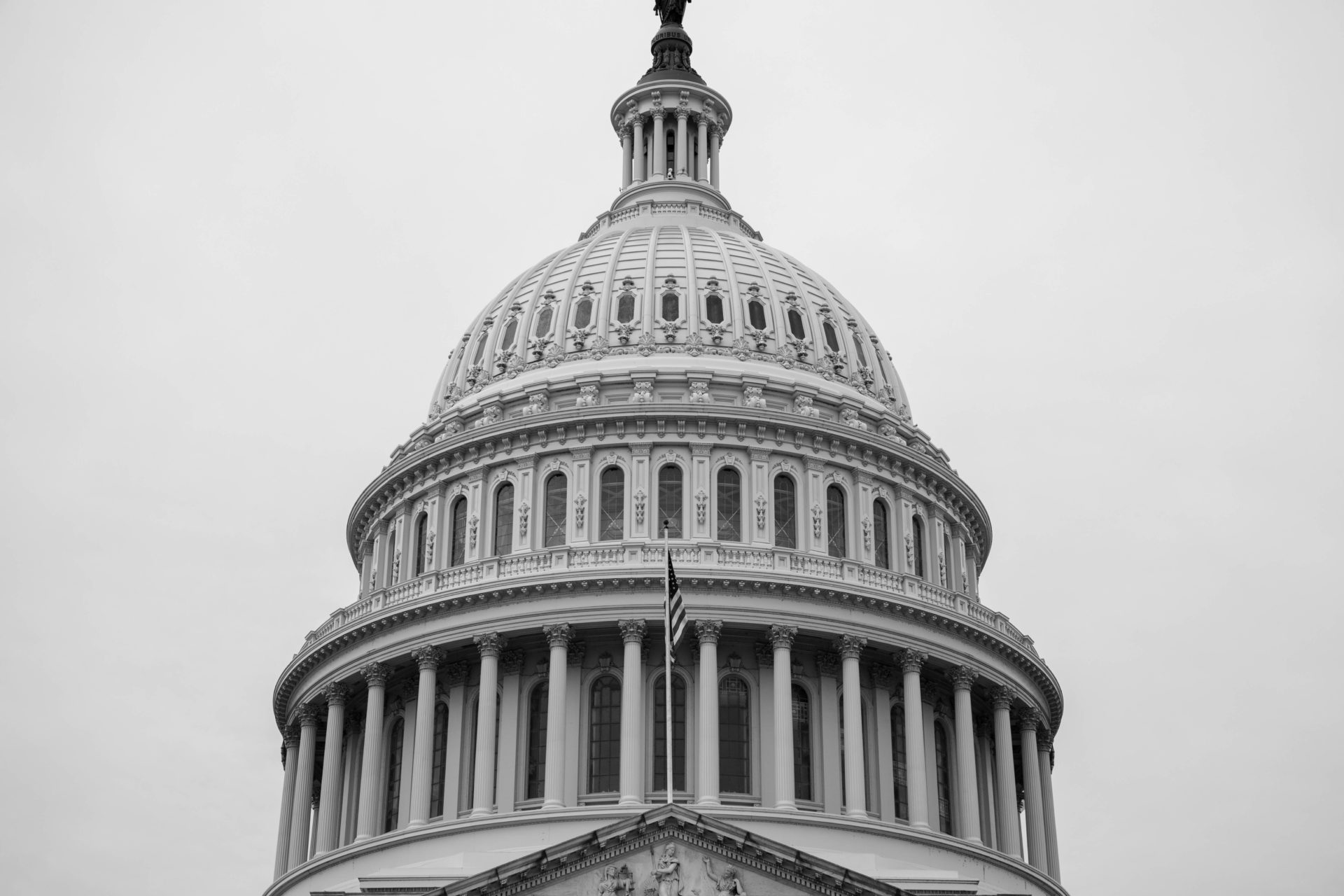Today, New American Leaders released State of New American Representation: State Legislatures in 2022, a report examining both recent gains and continued gaps in New American state legislative representation.
“When the United States was founded, ‘we, the people’ meant only the white and wealthy were included in our democracy. But today, ‘we, the people’ are the most diverse we have ever been, with a quarter of the population identifying as New American. It’s time our state legislatures reflect that,” said Ghida Dagher, president of New American Leaders and New American Leaders Action Fund.
“Through our new report, the State of Representation 2022, we discovered that while state legislatures are still overwhelmingly pale, stale, and male, the composition of these elected bodies is rapidly changing. Since 2020, Latina and Black women legislators have made significant gains in representation and now outnumber their male colleagues,” Dagher stated. “And while Republicans currently hold a majority of state legislatures, the impact of their national rhetoric could put that majority at risk.”
“Faced with the increasing white nationalism that has become mainstream in the Republican party, we found that 90.5 percent of New American legislators are Democrats, with all Black New American legislators identifying with the Democratic party,” she continued. “This data, coupled with the fact that New American communities are the most rapidly growing populations across the country, point towards a potentially dramatic shift in the control of state legislatures in the coming decades.”
This report continues the work first presented in the State of Representation 2020, created by New American Leaders as the first documented research examining immigrant representation in state legislatures by ethnicity, political party, and gender. Following an extensive data review and feedback from New American policy makers, this new report presents five recommendations that will not only help close the representation gap for New Americans and other underrepresented groups, but improve representation and policies for all communities.
“Our study shows that New Americans have gained 68 legislative seats in just two years. Yet even as we celebrate these gains, we know we still have a long way to go to achieve representational parity,” Dagher said. “If we want to create a truly inclusive and representative democracy, then we must invest in these communities to increase New American civic engagement and take a hard look at how our electoral and political systems still favor the white and wealthy. To do anything less weakens our democracy and shuts out the next generation of diverse state leaders our communities need and deserve.”
To read the full report and explore additional studies, please visit New American Leaders.
